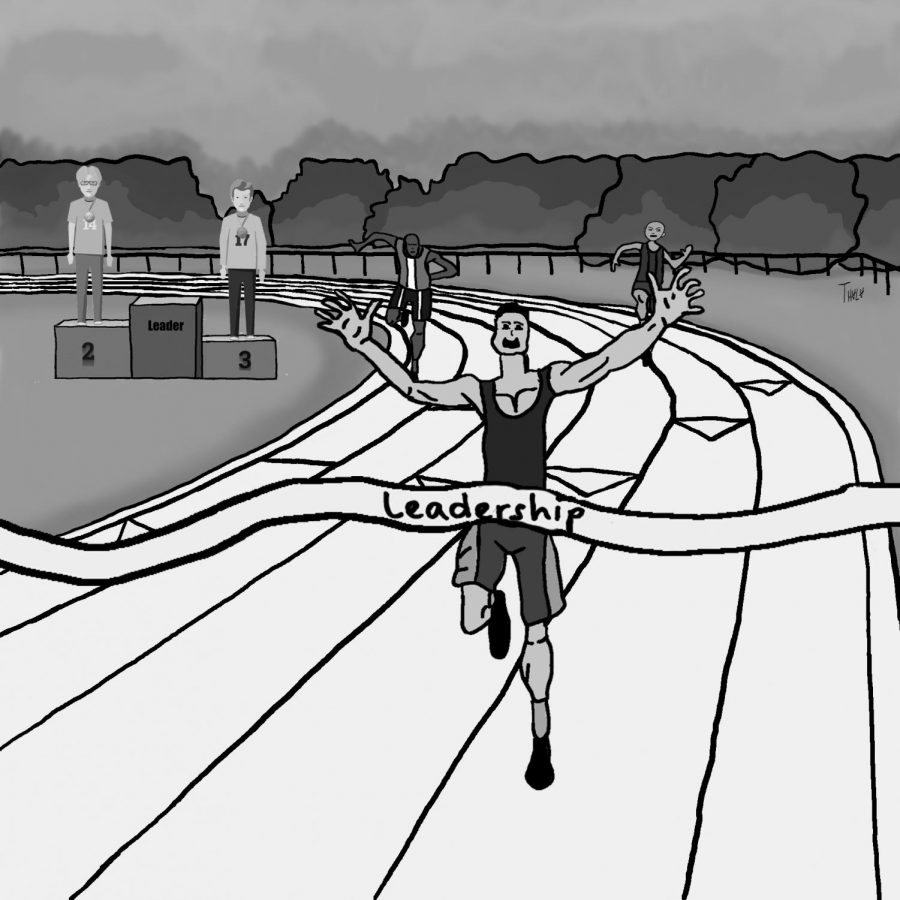Editorial: Leading the charge
Student-led political landscape sees lack of energy, participation
Apr 17, 2019
Modern politics have become a combination of popular catch-phrases punctuated by empty promises that rarely seem to be accounted for after all ballots have been counted.
That dynamic does not define the student-led political landscape at Contra Costa College.
To the contrary, it’s the exact opposite.
In recent years, there has been no need for Associated Student Union senators to campaign for the positions they’ve held due in large part to a lack of opposition. But even if they did, would anyone really listen?
Most of the students on campus have no clue they are represented by an ASU, no clue who their representatives are or what the process is that allows them to serve in those positions.
This is not a reflection of some flaw in student leadership, it speaks more to a student body that is too apathetic to engage and still brazen enough to complain when things don’t go their way.
The ASU is a student-led legislative body on campus that determines events, how funding will be disbursed and represents student interests in meetings at the campus, state and district levels.
The lack of process participation is not unique to millennials at CCC. Statewide numbers projecting California’s likely voters age 18-24 reflect students’ lukewarm electoral interests on campus.
According to the Public Policy Institute of California, only 18 percent of eligible voters in that demographic said they would be voting in upcoming statewide and national elections.
Make no mistake, this in no call for students to increase their civic engagement because, as we know, many students on campus aren’t allowed to cast ballots in general elections because of their age or other restrictions.
However, although these aren’t state or national elections, they still have consequences.
Students on this campus revel in being the aggrieved party. Many are quick to voice their outrage when rights are infringed upon, but when asked to participate in shaping policy through candidate selection, their silence is deafening.
At CCC, the ASU sets up voting computers in well-defined areas only to have them ignored by the vast majority of students like a panhandler would be at midnight in a dimly lit alley.
These student senators control the purse strings with regard to the $5 Student Activity Fee, dictate which events are scheduled on campus and serve as the representative voice for all students on campus.
However, because of a general lack of interest from students, candidates are in no way pressured to express their views on pertinent issues and, more importantly, have no urgency to publicize what their intentions are and allegiances may be.
We literally have no idea who the people that represent us are. Nobody even cares to ask them why they run.
Are they actually committed to making sure students from this community aren’t taken advantage of, or are they running because it looks good on a four-year college application?
Their failures as candidates are a reflection of our failures as constituents.


